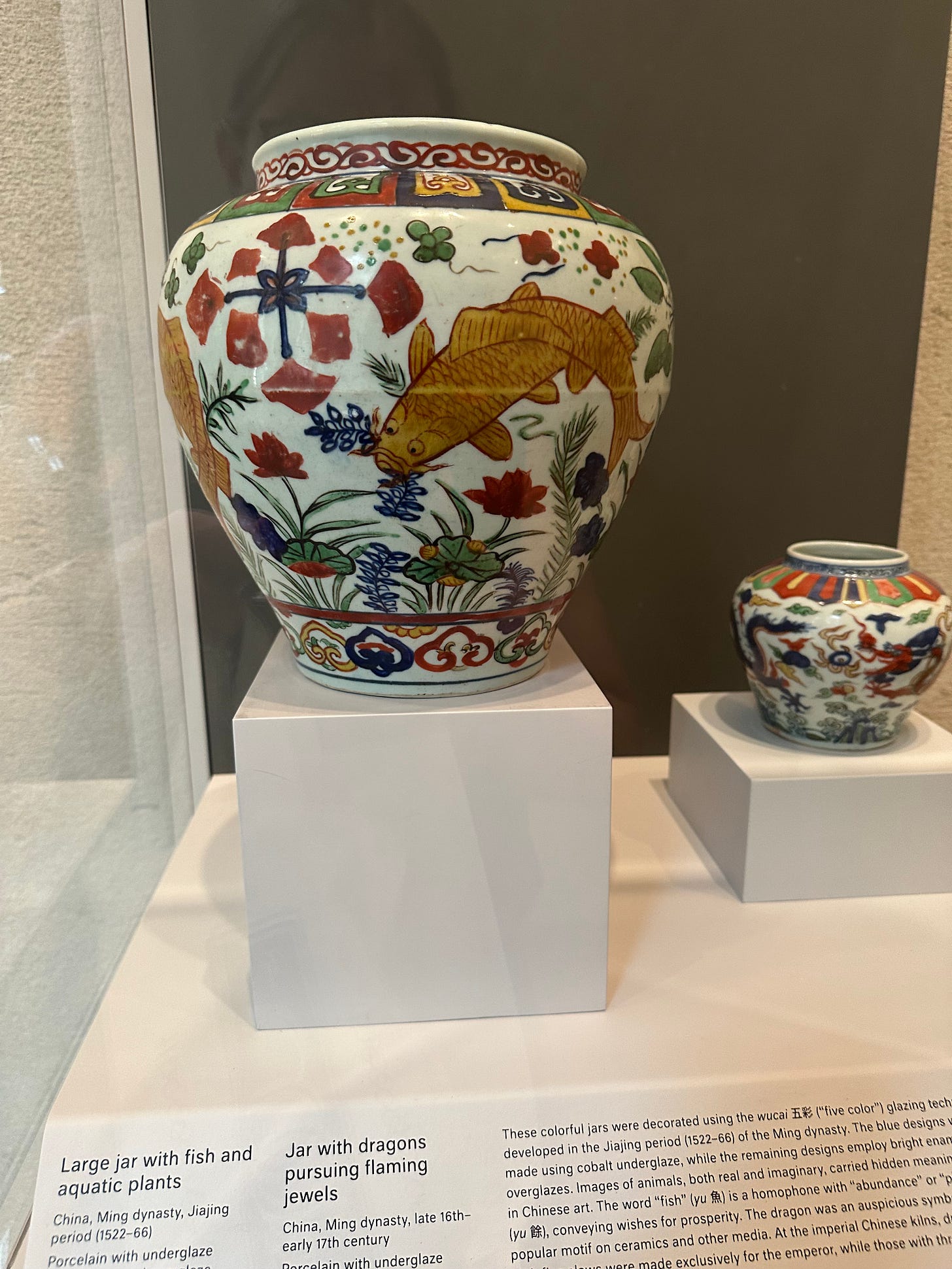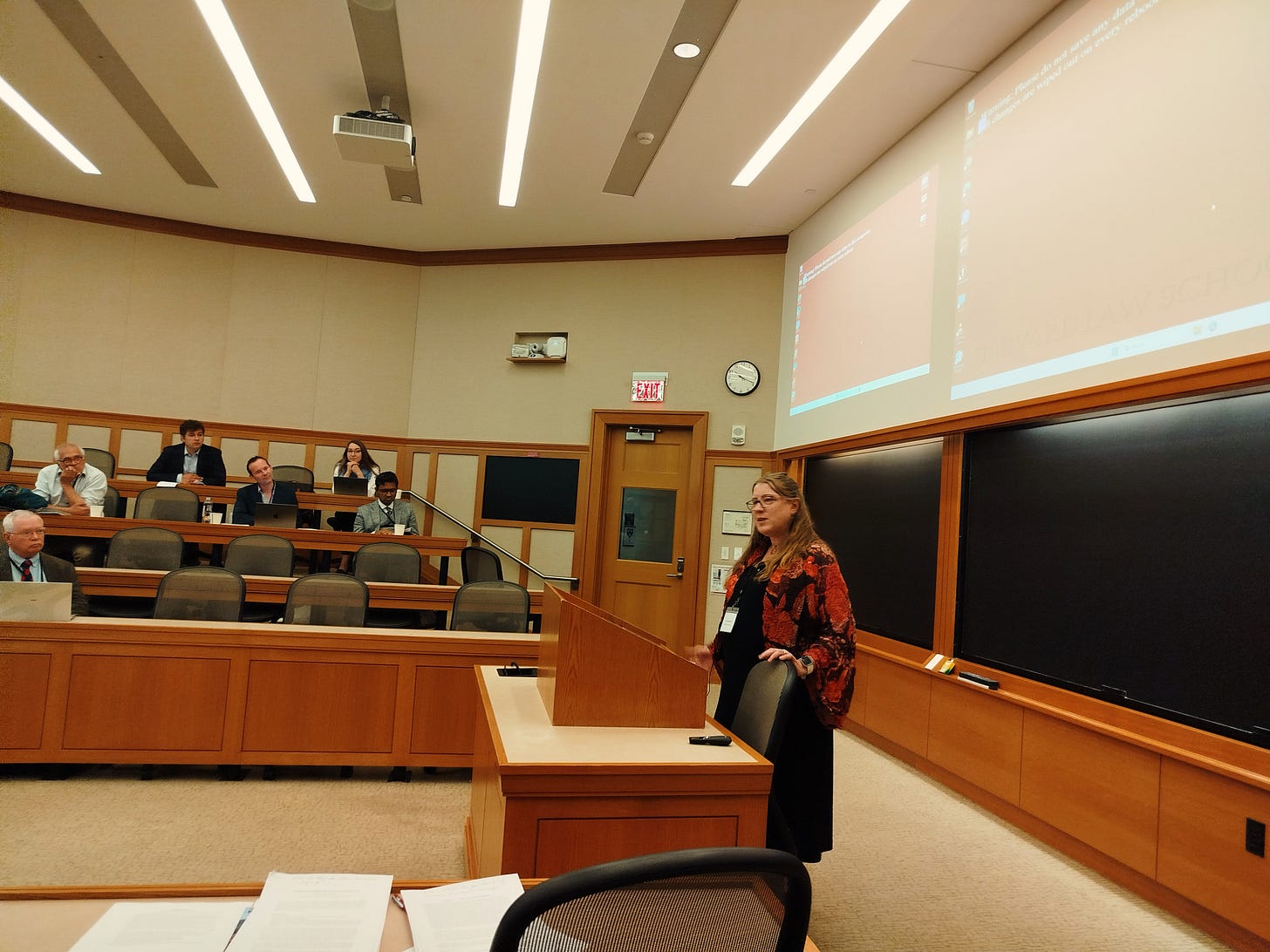Going to America
My recent visit to the United States
I have spent the last week in the United States, to attend the Obligations XI conference at Harvard University. I was (of course) very nervous. In academic circles, horror stories have been circulating about the difficulties of overseas academics entering the United States. Fortunately, my experience was uneventful.
In fact, almost without exception, everyone I met in the United States was very pleasant. At Dallas Airport I was somewhat taken aback when a stranger hugged me and thanked me for coming.
On the streets of Cambridge, MA, or at museums, several people heard my Australian accent, and stopped and chatted to me. Everyone was uniformly welcoming.
I got to see a triceratops skull at the Harvard Museum of Natural History—my favourite dinosaur—as well as many interesting minerals and other fascinating things.
It was hot and humid in Boston in summer: thank goodness for the friend who had bought me a fan to take along. I even got a little bit of a suntan. (My sister, inspecting that “suntan” yesterday: “That’s really technically an addition of more freckles to earlier freckles.” Okay, point conceded.)
When I’m talking about non-substitutable contractual performances, I often use the example of a contract to buy a Ming vase. I was delighted to find two Ming vases in the Harvard Art Museum: they shall feature in slides henceforth. I can put the fun back in fungible, trust me.
Then it was conference, conference, conference, for the rest of my time in Boston. My paper was entitled ‘How the Institutional Revolution shaped common law remedies for breach of contract’. No, that’s not a typo, I’m referring to Douglas W. Allen’s work, The Institutional Revolution: Measurement and the Economic Emergence of the Modern World. It’s hard to award damages for breach of contract if you don’t have reliable means of measuring the failure to perform, in short.
As I say, I was very nervous beforehand. Part of it was that I haven’t done a really long haul trip alone (i.e. 18+ hours) since 2015, when my physical disability really started to have an impact on my mobility. However, I am so glad I made the effort. It was wonderful to see many colleagues I hadn’t seen for years, and to meet new friends. I gained really helpful comments on my paper from participants and I heard so many interesting papers from others. I love being inspired by the work of others. There’s so much to learn from an international exchange of perspectives and ideas.
I haven’t got anything particularly witty to say or any deep political observations to make. I’ll simply say that, in this difficult global climate, it was a pleasure to interact with a diverse group of scholars from many nations and to learn so much from others.






Absolutely love these travelogues - a good change of pace from all the bigger issues in academia.